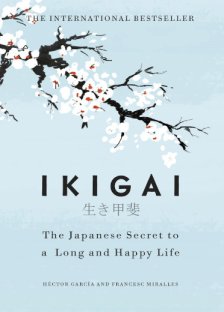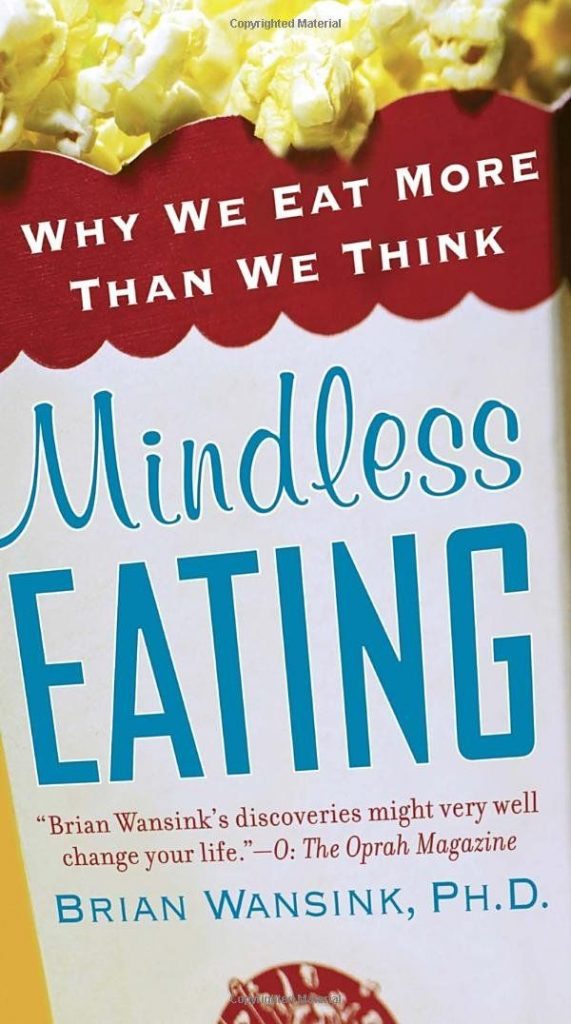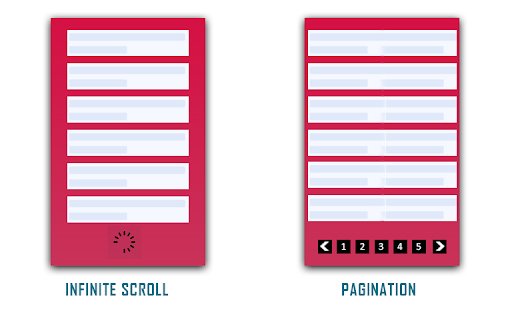Commitment. The word makes us see a picture of dedication, consistency and succeeding against the odds. Everyone is committed to something, be it a relationship, a project, a goal or simply living life well. But how well do you understand the word commitment? How consciously have you chosen yours? Are you happy with your commitments? Every morning, do you look forward eagerly to the rest of the day? Or are you simply grinding out your days with a feeling of unfulfillment?
In this post, I will discuss what a commitment is, what a commitment requires of you, whether simultaneous commitments are really possible and how to identify and follow commitments that help you get exactly what you want out of your life.











